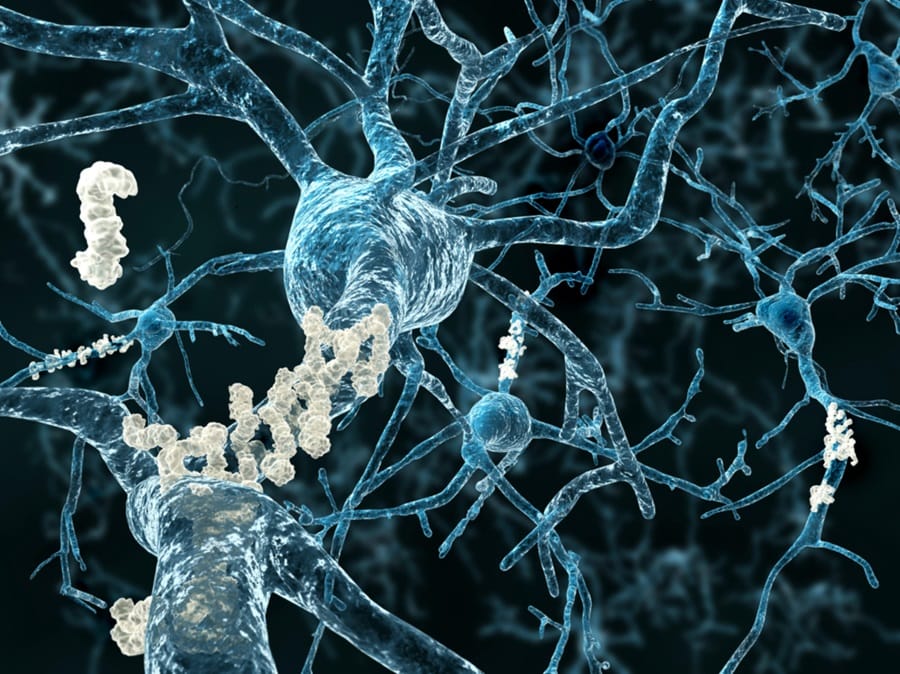- Health Hacker
- Posts
- Could a common virus trigger Alzheimer’s?
Could a common virus trigger Alzheimer’s?
New research points to a surprising culprit

Good morning friends,
Alzheimer’s disease has long been blamed on age and genetics—
But new research suggests something more alarming:
A common viral infection may be playing a much bigger role than we thought.
Let’s break it down.

The herpes-Alzheimer’s connection
Recent studies have found that the herpes simplex virus (HSV-1) may significantly increase the risk of Alzheimer’s—especially in people who carry the APOE4 gene.
In brain-like tissue models, HSV-1 infections triggered:
• Tau tangles (a key feature in Alzheimer’s)
• Oxidative stress
• Inflammation in brain cells
Even more concerning?
Other viruses—like Varicella Zoster (VZV), which causes shingles—can reactivate dormant HSV-1 in the brain, accelerating neurodegeneration.
What this means for you
Some studies remain mixed, but early data shows antiviral treatments may reduce dementia risk in those with HSV-1.
This could be a game-changer in prevention—but it also means your daily habits matter more than ever.
How to reduce your risk starting today
Strengthen your immune system
Prioritise nutrient-dense foods, deep sleep, and daily stress regulationCut sugar and ultra-processed foods
They suppress immune function and create the perfect environment for viral reactivationGet a DNA test
Knowing whether you carry the APOE4 gene can help you take early and personalised action
This new research reminds us: chronic illness doesn’t come out of nowhere.
It builds silently—and often starts years before symptoms appear.
Worried about cognitive decline or family history of Alzheimer’s?
Book a call with my team and let’s explore how your immune system and genetics may be influencing your brain health.
To your health,
